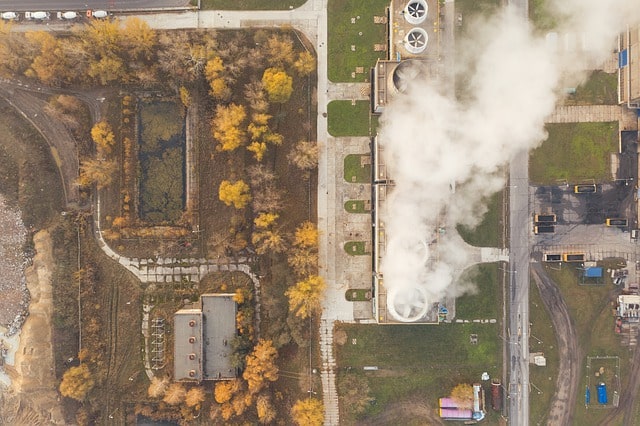

With an aim to further improve ease of doing business, Centre today launched the "Secured Logistics Document Exchange"(SLDE) along with a Calculator for Green House Gas Emissions
The Digital initiative is now set to improve logistics efficiency, reduce logistics cost, and promote multi-modality and sustainability in a big way.
These digital initiatives have been launched to fill the gap areas where no action has yet been taken either by private players or any of the line ministries.
The Launch Event was attended by more than 75 participants from the Central Ministries, Banks, IT companies, international organizations, logistics sector stakeholders and industry bodies.
The Event emphasized on the importance of digital transformation in the logistics sector to achieve the targets of improved India’s ranking in Logistics Performance Index; reduction in logistics cost and establishment of indigenous India-specific metrics for continual improvement in logistics.
The Logistics Division with the mandate of “Integrated Development of the Logistics Sector” has planned specific digital initiatives with a focus on integrating the various digital systems across ministries/ departments and filling gaps so identified. In this context, key digital initiatives including SLDE platform for digital exchange of logistics-related documents and a Calculator for GHG emissions for choosing sustainable and right mode of transport for freight movement, have been developed.
The SLDE platform is a solution to replace the present manual process of generation, exchange and compliance of logistics documents with a digitized, secure and seamless document exchange system.
This will enable generation, storage and interchange of logistics-related documents digitally using Aadhaar and blockchain-based security protocols for data security and authentication; it will also provide a complete audit trail of document transfer, faster execution of transaction, lower cost of shipping and overall carbon footprint, easy verification of authenticity of documents, lowered risk of fraud, etc. The proof of concept of the platform has been developed and executed with banks (ICICI, Axis Bank, State Bank of India and HDFC Bank) and stakeholders including freight forwarders, exporters, importers and vessel operators.
Along with the SLDE, Centre also launched a Green House Gas Emission calculator as well.The GHG Calculator is an efficient, user-friendly tool and provides for calculating and comparing GHG emissions across different modes. It allows for commodity-wise comparison of GHG emissions and total cost of transportation, including their environmental cost, between movement by road and rail. The tool is intended to facilitate appropriate modal choice for allconcerned.
In his opening remarks Special Secretary (Logistics), Shri Pawan Kumar Agarwal remarked on the importance of Digital Transformation in the Logistics space and highlighted the role of Logistics Division in facilitating digital integration across the sector through such critical initiatives that have interface with more than one Ministry / Department. He further added that the initiatives launched at the event have the potential of creating a lasting and significant impact on the sector.
Emphasising on the benefit of sectors u doing business in the logistics sector that the SLDE platform would facilitate, the banking sector endorsed the robustness of the SLDE platform and lauded the efforts of the Logistics Division, MOCI, in this direction. Emphasising on the need for a fast, secure and efficient way of exchanging logistics-related documents including digitization of the e-bill of lading, all industry stakeholders expressed their support and adoption of this initiative.
Speaking on the occasion representatives from user industry associations like Federation of Indian Export Organisations (FIEO), Container Freight Station Association of India (CFSAI), etc., stressed on the importance and utility of a tool for calculating GHG emissions and basing modal choice on availability of environmental costs estimates would go a long way in promoting green and sustainable logistics.